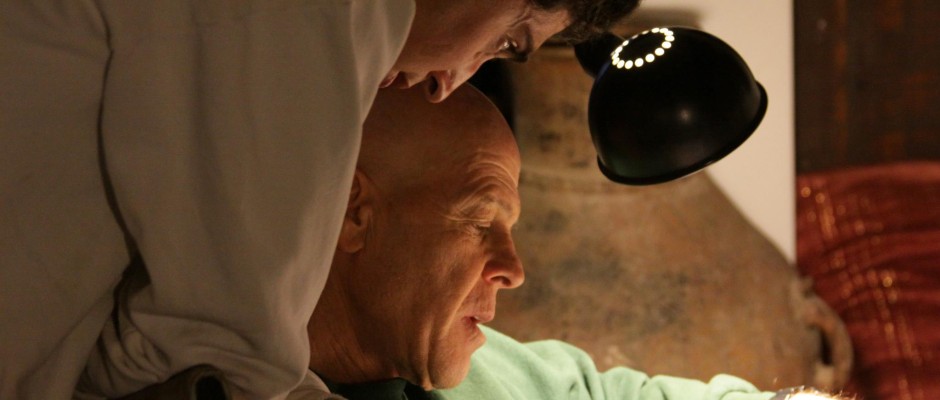Unlike modern secular contexts in which nudity is equated with privacy, which itself contributes to the problematics of nudity, it may be that because Haredim have so little privacy, and because their sense of privacy is relatively undeveloped, they have no special sensitivity to nudity.
Written By Prof. Gideon Aran
In contrast, in the women’s separate mikveh, extreme privacy is preserved, to the point that women enter the pool fully dressed. This is to do with women’s purity being related to sex. They come to purify themselves at the mikveh after menstruating and before they are permitted to have sexual intercourse with their husbands, whereas for men purity is mainly related to prayer and Torah study, which do not involve modesty and certainly not shame.
Another possibility refers to the tendency of Haredim to deny their bodies. In particular they detach themselves from the half of their body below the stomach, an area that is the center of tabooed physicality and sensuality. If the body does not exist, then there is nothing to be ashamed of. Embarrassment would give away awareness of the body’s existence, and confess to its importance.
It should be remembered that nakedness emphasizes a man’s Jewishness, that which is imprinted on his body. After all, his penis is in fact the only part of his body that appears authentically “religious” in such a way that cannot be erased or denied, and that exists independently of one’s consciousness, not necessarily connected to any ritual or text. Perhaps this is why a Jew can feel at ease when naked at the mikveh. It could also be that when he is naked together with partners in body and religion their solidarity is realized as source of pride – a kind of brotherhood of the circumcised.
Taken from “Denial Does Not Make The Haredi Body Go Away Ethnography of a Disappearing (?) Jewish Phenomenon”, By Gideon Aran.


